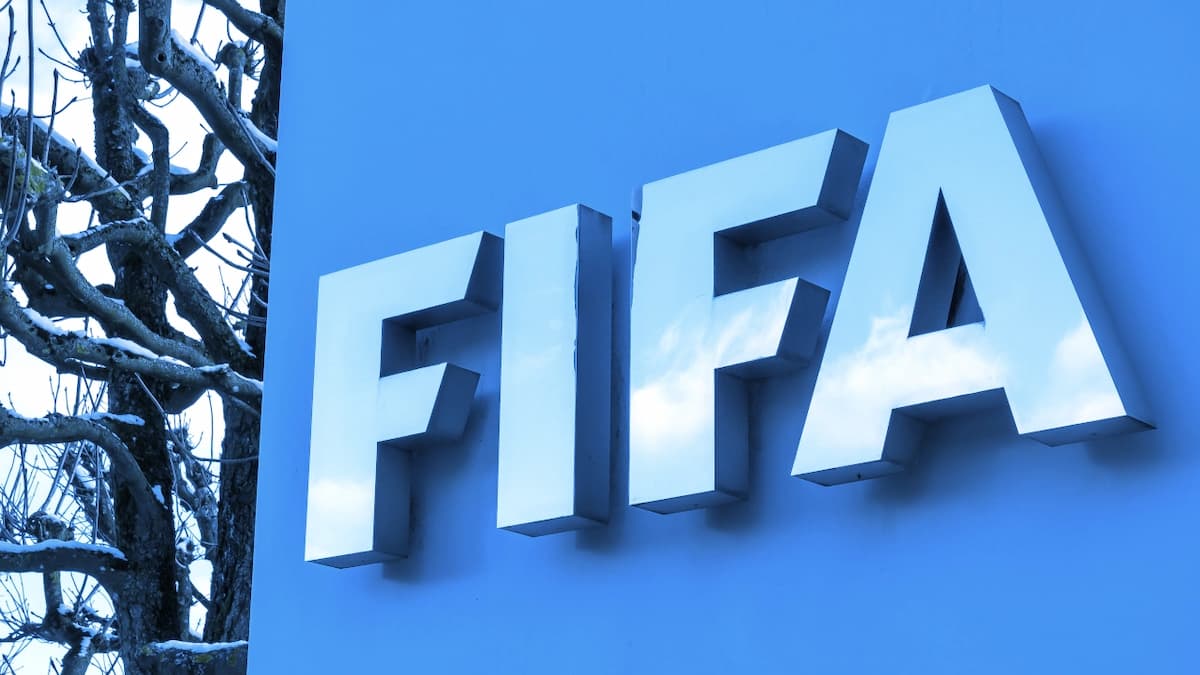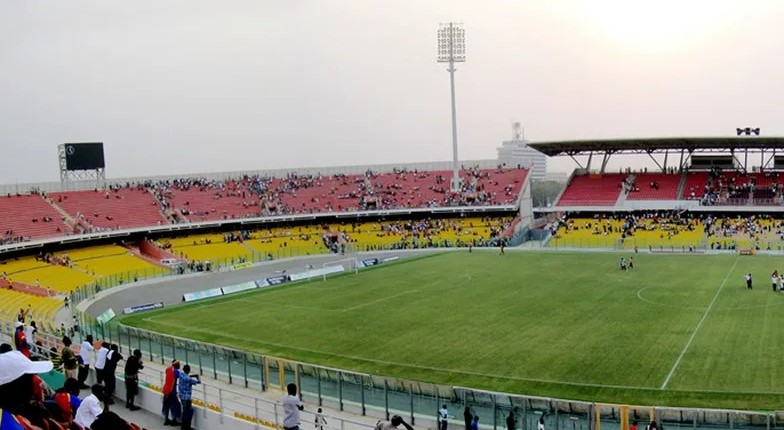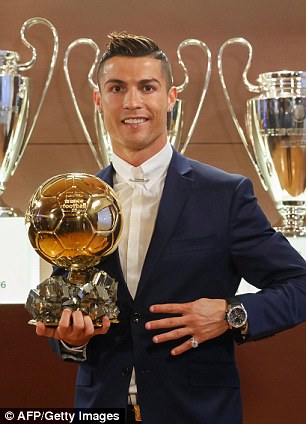FIFA President Gianni Infantino has held a discussion with the United Nations Industrial Development Organization (UNIDO) Director General Gerd Müller as part of FIFA’s continued efforts to explore opportunities for African cotton-producing nations in the global football apparel market. The meeting, which took place in New York, marked the first time the two organisations officially met.FIFA signed a Memorandum of Understanding (MoU) with the World Trade Organization (WTO) in September 2022 which – among other goals – sought to exploit football’s worldwide influence to unlock global economic growth potential, notably in the area of cotton production in Benin, Burkina Faso, Chad, Mali and Cote d’Ivoire, collectively known as the ‘Cotton 4 (plus)’ group.Those countries produce large quantities of high-quality cotton fibre, which is rated among the most sustainable in the world due to it being handpicked, rain-irrigated, and predominantly organically fertilised. However, over 90% is exported as raw material, meaning those countries miss out on the additional revenue and job creation that could be generated by developing local cotton-to-textile value chains at national and regional levels.UNIDO have been brought in to carry out a baseline assessment, which is due to be completed by April 2024, that will focus on the feasibility of producing apparel made from cotton and mixed fibres (i.e. cotton and synthetic combined), including the use of recycled polyester, in the five countries. The assessment will also look at how investment and technical know-how can be mobilised, supply and demand capacities, and the compatibility of existing legal and policy frameworks with the development of textile and apparel value chains in partner African countries. Once that is completed, UNIDO will use its findings as the basis for a fully-fledged project document in support of the joint-FIFA-WTO initiative.“At FIFA, we recognise the work that UNIDO has been carrying and we will keep exploring opportunities to support the work of this important organisation and the next steps in our collaboration,” said the FIFA President following the meeting with Mr Müller.
In addition to establishing thriving and sustainable field-to-factory textile value chains in the five countries, thereby boosting local economies while reducing transportation costs and environmental impact, it is envisaged that FIFA-branded items, such as sportswear and gifts, for FIFA staff, competitions, and the FIFA Football for Schools programme could be manufactured using cotton from the ‘Cotton 4 (plus)’ group.











